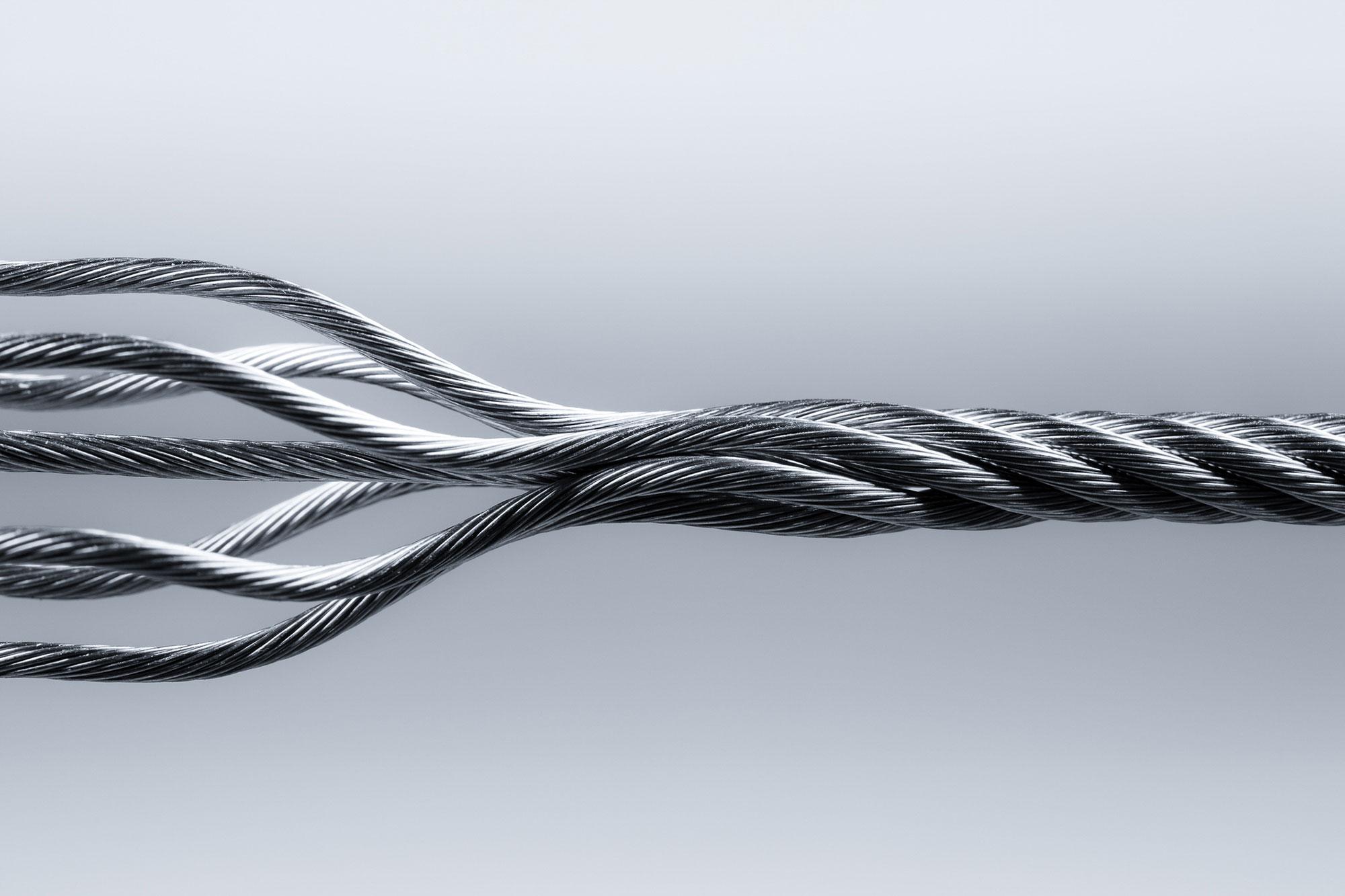Scientific Exchanges: Broadening one's horizons, building new networks

A remarkable experience on Lesbos, an unexpected request from Ireland: the SNSF's Scientific Exchanges can get rolling for any number of reasons. But they all tend to deliver more than was expected.
Julie Franck was in Greece for four months, as a guest at the Aristotle University of Thessaloniki. Paul Guichard hosted a researcher at the University of Geneva for six months. There is no doubt that these SNSF-funded exchanges have been enormously valuable and enriching for both of them, scientifically as well as personally.
Something to reflect on at the cradle of philosophy
Julie Franck had previously met her host on Lesbos, at an international workshop. Both were investigating language acquisition, but in different disciplines. Julie Franck is a cognitive scientist, Despina Papadopoulou a linguist and expert in language didactics. An extraordinary experience brought the two of them closer together: with the help of two Afghan girls, they managed to enter the Lesbos refugee camp, which was actually closed to visitors.
At that time, Despina Papadopoulou was leading the UNICEF programme that was training volunteers to become Greek teachers. For her part, Julie Franck, as co-founder of the Cafés Solidaires at the University of Geneva, had also already been involved in language teaching to migrants. Scientifically, however, she realised that they had very different perspectives: "Didactics and cognitive science can research one and the same topic, yet methodologically they barely overlap or intersect," says Julie Franck. "Therefore, I wanted to explore how these disciplines might benefit each other." But she found that overcoming the limitations of her own discipline and delving into a new one isn't easy.
For this very purpose, Julie Franck made a scientific stay with Despina Papadopoulou at the Aristotle University of Thessaloniki from the beginning of March to the end of June 2022. "Four months of thinking, becoming familiar with a field, learning from an expert – it was a big opportunity for me," she says. And she adds that she is now developing a method with Despina Papadopoulou in which learners constantly relate the grammar of a new language to that of their own. The approach includes elements from both didactics and cognitive science.
Expertise and an international network in one go
Paul Guichard and his guest have also mutually benefited and even published together, after the latter visited Paul Guichard's lab from October 2021 to March 2022. Although Ciaran Morrison from the University of Galway, Ireland, had previously been known to Paul Guichard as a scientist, the two did not know one another personally: "Ciaran simply got in touch with me one day," says Paul Guichard, "and wrote that he would like to do a research stay with us." The laboratory, which Paul Guichard heads with colleague Virginie Hamel, studies centrioles – important, highly conserved organelle structures of cells. Up to now, scientists have not been able to establish exactly how centrioles are formed. "While we approached the problem using structural biology methods, Ciaran had just the right expertise in genetics to complement this work," says Paul Guichard. They therefore looked for a way to make Ciaran Morrison's visit a reality – and found it in the SNSF's Scientific Exchanges funding scheme.
When the time came, Ciaran Morrison brought much more than expertise to the table. As an older, experienced researcher, he was soon supporting members of Paul Guichard's team with career and networking tips. "This led to real network building and a lively exchange with many other Irish researchers," says Paul Guichard. And Ciaran Morrison adds: "The knowledge exchange during our time together in the lab was extremely valuable. My biggest wish is for our fruitful collaboration to continue in the future."
Two very different experiences, but Julie Franck and Paul Guichard agree: the international visit was worthwhile in every way. "I guess you can never really gauge exactly what will come out of it," Julie Franck says. "But it's almost certain to be more than anybody had hoped for."
Scientific Exchanges: build international networks
Would you like to invite colleagues from abroad to Switzerland or visit them in their country? Or to organise an event in Switzerland or in an online or hybrid format? Then you should apply for a grant under the Scientific Exchanges scheme. It is open to all disciplines. You can submit your application at any time of the year, up to four months before the planned visit or event.